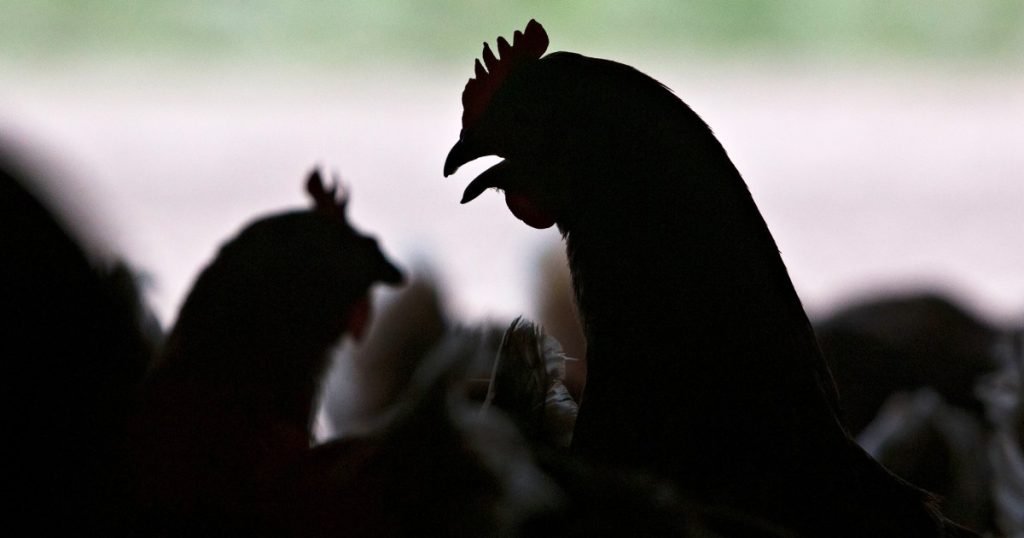In early April, a dairy worker in Texas tested positive for avian influenza, also known as bird flu, amid a multi-state outbreak of the virus among cows. The bird flu virus has also been detected in raw milk, but authorities say the current risk to the public is low. This is the first time this strain of bird flu has been detected in cattle and has resulted in cow-to-human transmission of the avian influenza virus. Health officials are on high alert, with concerns about the potential for the virus to evolve and develop the ability to infect humans and spread through human-to-human transmission.
While the risk to humans is considered low, health officials are calling for increased monitoring of infected animals and people exposed to them. The current outbreak is affecting cows in over a dozen dairy farms across the country, with experts emphasizing that influenza among birds is not new. The avian influenza strain of highly pathogenic H5N1 has been detected in wild birds, domestic poultry, and now in cows. The risk to the general public in the U.S. is low, with experts anticipating an increase in cases among cows as surveillance intensifies.
Highly pathogenic avian influenza viruses have been detected in the U.S. in wild aquatic birds, commercial poultry, and backyard bird flocks, with cases reported in 48 states. The current outbreak of bird flu affecting cows has spread to eight states so far. Although only one human case has been reported in Texas, experts anticipate an increase in cases among cattle as surveillance efforts continue. The risk of human-to-human transmission of the virus remains low, but health officials are keeping a close watch on the situation.
Bird flu is caused by infection with avian influenza type A viruses, which naturally occur among wild aquatic birds but can also circulate among domestic poultry. The recent detection of the highly pathogenic strain of H5N1 in cows is unusual, as this strain typically causes severe and often fatal disease in birds. The risk of human infection is low, and there is no evidence to suggest that people can get bird flu from properly prepared and cooked food. The commercial milk supply in the U.S. remains safe, and pasteurization of milk products effectively eliminates viruses, including influenza.
Infections in humans can range in severity, with some individuals experiencing mild symptoms while others develop severe disease. Symptoms of bird flu in humans can include fever, cough, muscle aches, fatigue, and respiratory issues. While antiviral medications are available to treat bird flu in humans, the best prevention measures include avoiding sick birds, maintaining good hand hygiene, and refraining from eating raw or undercooked poultry. The risk of human-to-human transmission of bird flu remains low, and the public health community is closely monitoring the situation to prevent any potential spread of the virus.


